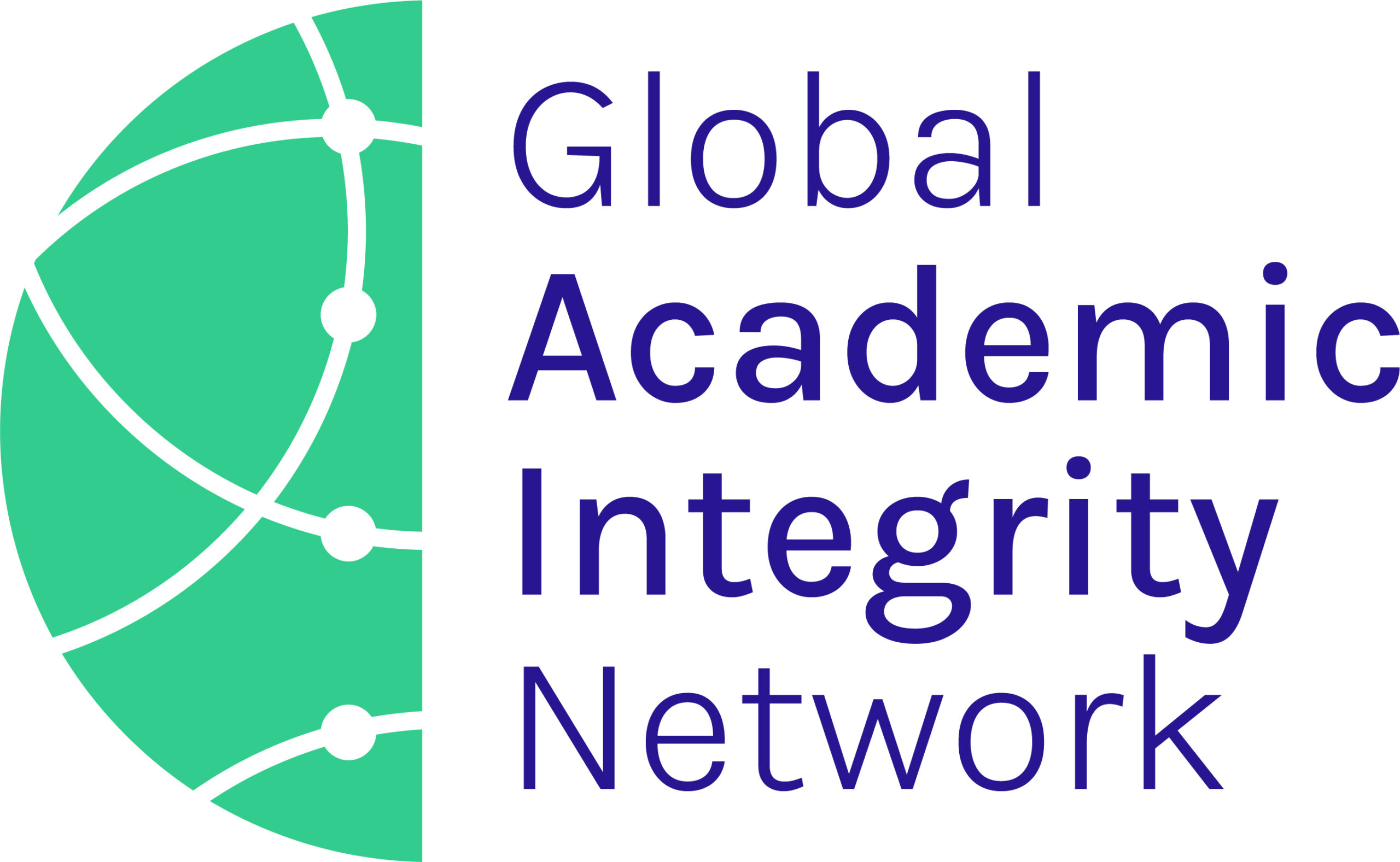by Gráinne Mooney, Quality and Qualifications Ireland
The Global Academic Integrity Network (GAIN), representing 40 education regulatory bodies from around the world, calls on major social media and online platforms to take a stand. In an open letter, GAIN asks these platforms including X, LinkedIn and Google, to join the fight against academic dishonesty and take action to stop the advertising of contract cheating services.
Contract cheating involves students paying someone else to complete assignments or take exams on their behalf. This severely undermines the integrity of the student’s education and the qualifications that they ultimately receive. It is academic dishonesty, and it compromises the credibility of educational systems worldwide and society’s trust in qualified professionals.
Recent years have witnessed a proliferation in the marketing and promotion of contract cheating services across digital platforms. These services not only violate the principle of academic integrity, but also deprive students of an authentic learning experience and leave them vulnerable to the threats of identity theft, blackmail and mental health issues.
By major online platforms working together with GAIN, and reviewing and upholding their community guidelines, GAIN believes we can significantly reduce the visibility and impact of the harmful content advertised by essay mills and contract cheating services. A partnership between GAIN and influential online platforms would send a powerful message worldwide about the value of legitimate academic achievements and would represent a positive step towards eliminating this threat.
Gráinne Mooney, co-chair of the Global Academic Integrity Network said,
“In an age of digital interconnectedness, the threat to academic integrity is not confined to any single region or country; it is a global issue which challenges the very fabric of our knowledge-based societies and our trust in the professions we rely on.”
“It is now an offence in Ireland to advertise or publish advertisements for academic cheating services. While in Ireland some progress has been achieved to date with, eg Distilled SCH (Adverts.ie, DoneDeal.ie), Facebook, Gumtree, Instagram, TikTok and YouTube, it is only through a more systematic, global approach and unified action that we can hope to enhance and safeguard the integrity of academic quality and qualifications, and protect student wellbeing, particularly amongst more vulnerable cohorts of learners.”
To read the collective statement in full, visit www.globalacademicintegrity.network.
